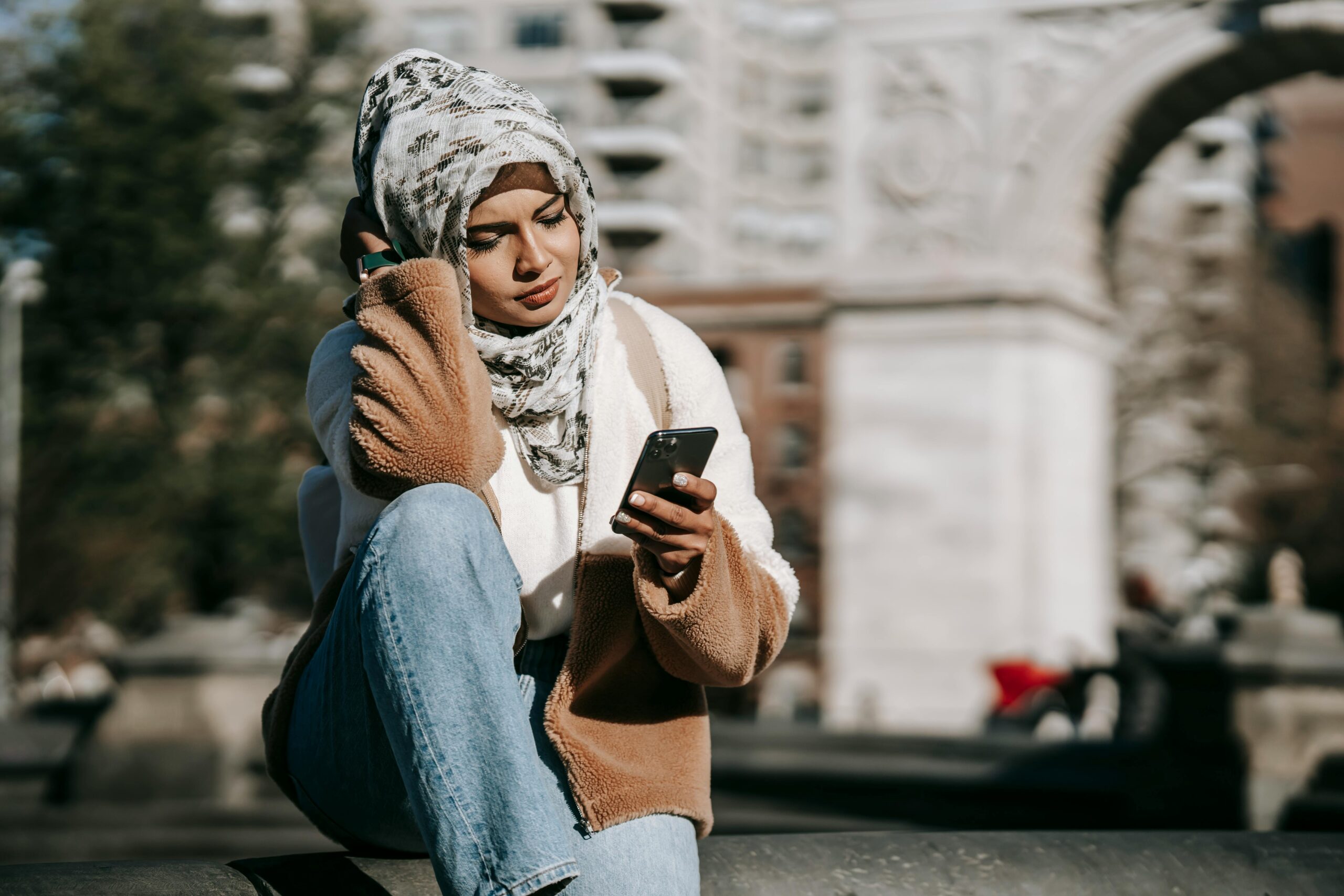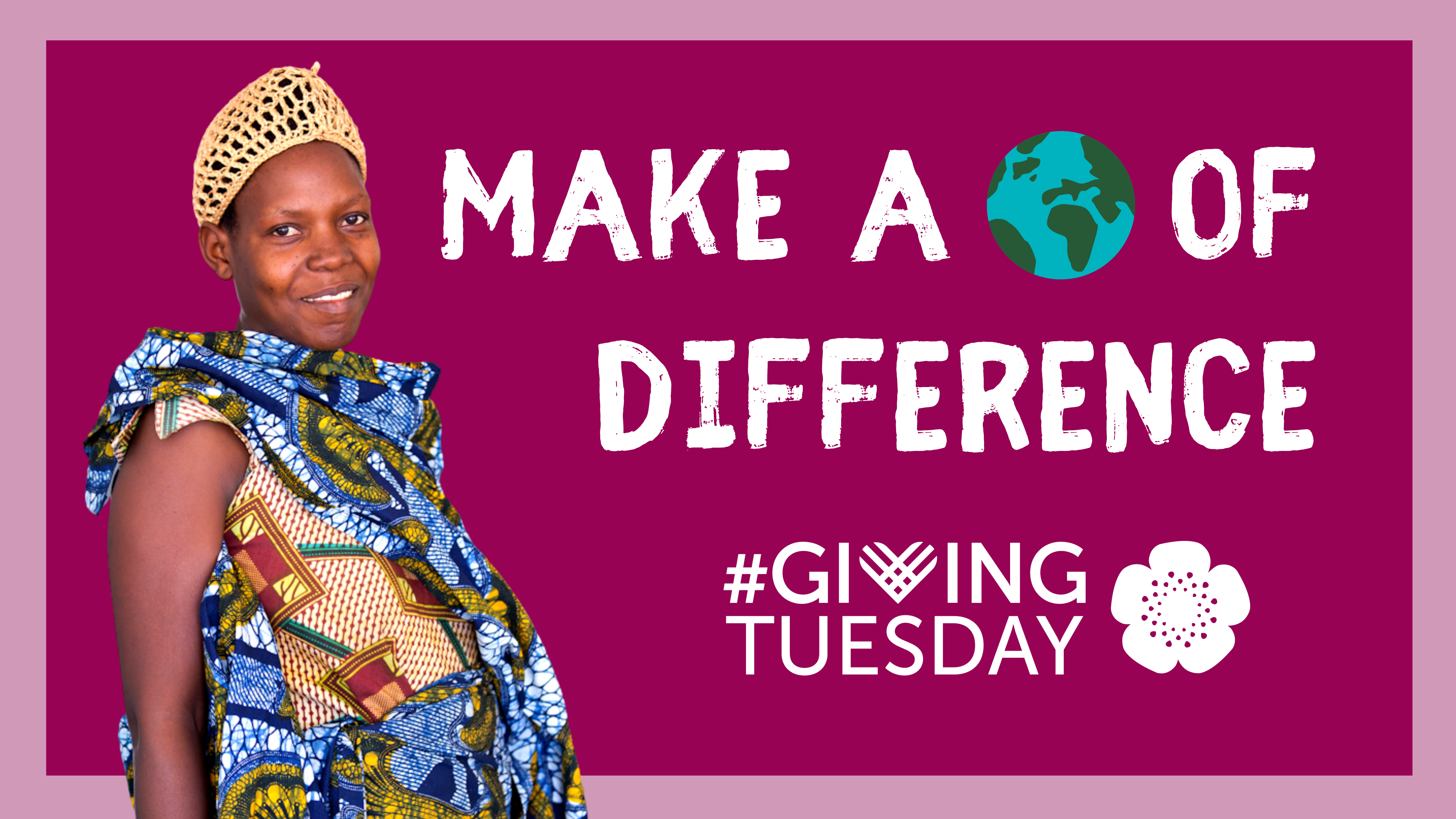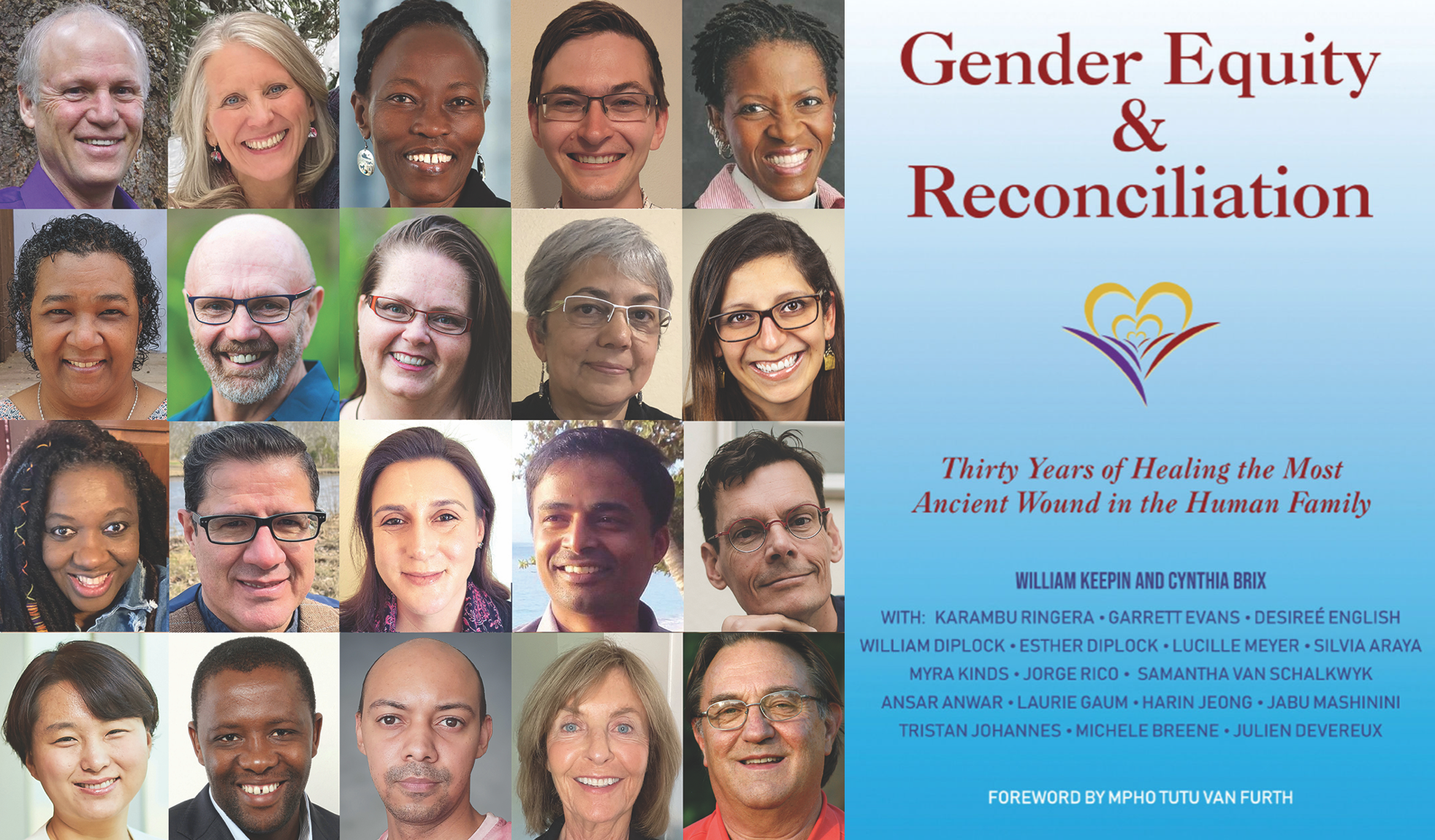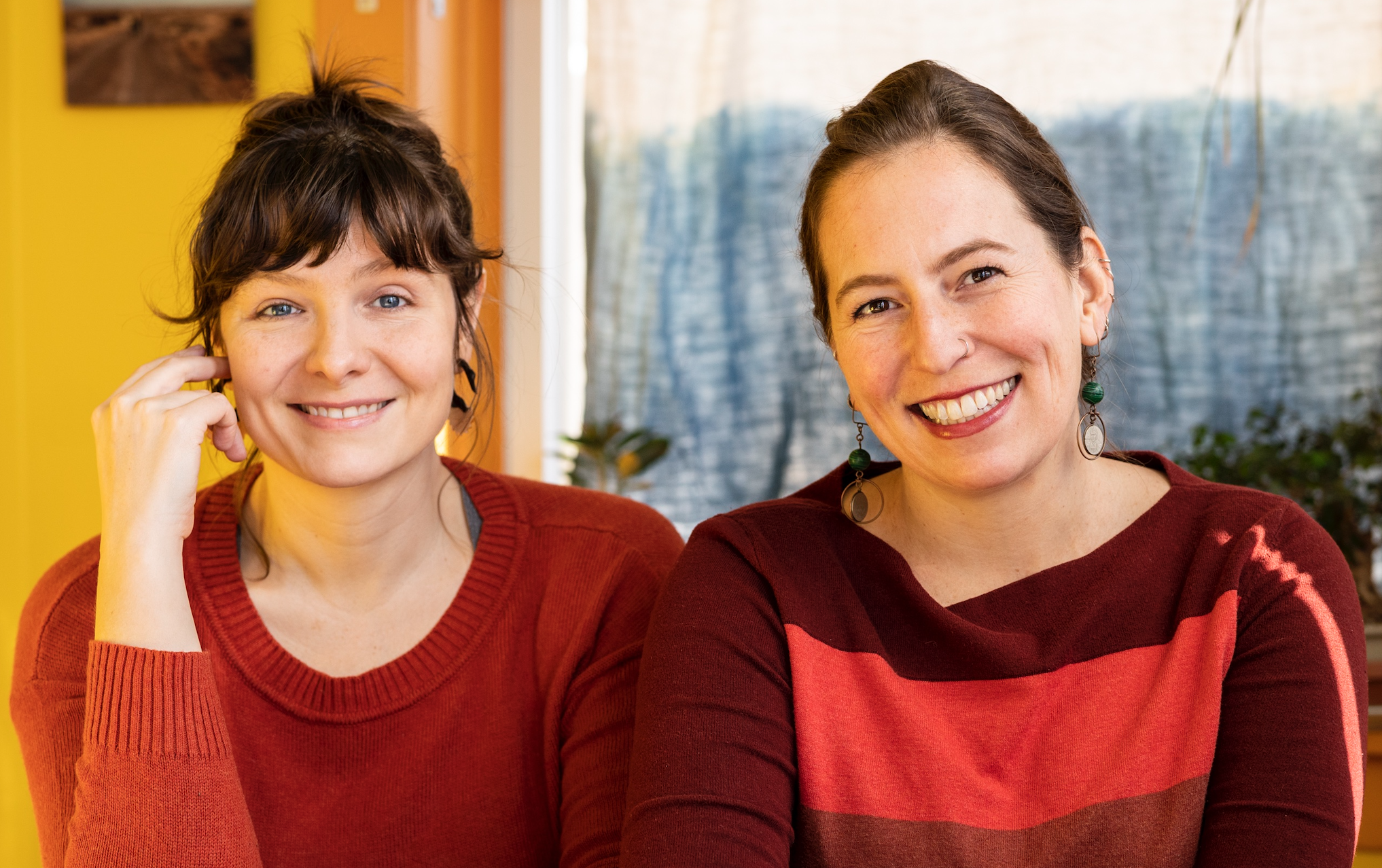
When it comes to discussing rape, sexual abuse and sexual violence, it’s hard to find a place on earth that has not experienced this widespread problem. However, what is interesting is the different ways various cultures and societies tackle the issue. Here in the United States there has been increased emphasis on media campaigns and a change in legislation, especially in the area of rape on college campuses.
In India, the emphasis is on dismantling damaging ideas of patriarchy which have determined women are not equal to men, and therefore excuse the actions of a rapist as “normal”. In Kenya, an organization called Ujamaa Africa started by an American couple in the mid-1990’s has been looking at the epidemic of rape and sexual violence in a way that gives women and girls the power to fight back.
Ujamaa was created as a micro-enterprise organization to empower Kenyan families financially, but it has also branched out to helping orphaned children find stability and access education, as well as create community leaders. They have also taken on the issue of sexual violence by working with another local organization to implement self-defense classes and transform attitudes toward women and their bodies.
The No Means No Worldwide org. teaches classes in 6 week cycles three times a year that engages girls as well as boys in comprehensive violence prevention. They average between 7000 – 9000 students each cycle and they have seen some impressive results.
“We believe the best response to the global epidemic of violence and sexual assault is to provide our male and female students with an awareness of the causes and effects of gender based violence and the skills to interpret, intervene and prevent it,” says a statement on the website homepage.

In areas where their classes are taught, they have seen a reduction in rape of up to 60%, a 47% decrease in the rate of teen pregnancies, and a 50% decrease in negative attitudes toward the opposite gender from boys. Clearly this intervention program is having a remarkable effect, which also includes the increased amount of rape and sexual violence incidents being reported, and the confidence from girls to tackle this issue because of the self-defense classes being offered.
It is no wonder Ujamaa teamed up with NMNW, and given the impact it has had on school girls in Kenya, they are now taking the program elsewhere in Africa.
“It is believed that Self Defense training can raise a woman or child’s chance of prevailing in a sexual assault by up to 85%…Our research shows that in high schools where girls have taken our classes the incidence of rape drops from 20% annually to under 10%,” says a statement on the Ujamaa website.
Aside from Kenya, the self defense program is now being introduced in Malawi, where UNICEF reports one in five girls has experienced some kind of sexual violence.
“Cultural norms and taboos make it difficult for victims of abuse to report incidents or get the support they need, and even less likely that the perpetrators will face any consequences,” writes Hannah McNeish at Newsdeeply.com about this problem.
An important aspect of the sexual violence problem in Malawi is how it can directly impact a girl’s education, and subsequently her ability to be financially independent in the future.
“We know that young girls, as they’re walking to school, are inappropriately touched by men, by the taxi drivers, when they’re in school by teachers. Young girls see that that’s the norm,” said Nankali Maksud, head of child protection for UNICEF Malawi, adding that because of the status quo, many don’t even know it is wrong unless pointed out.
“When girls are abused, they can’t see a future, and can drop out of school or even kill themselves,” said Mary Waya, an abuse survivor and now a netball coach for Malawi’s national women’s team and for girls in her charity netball academy.
Out of 11,460 female students surveyed by Ujamaa, they found 1 in 5 had been raped, and many of these incidents were by the hands of people they knew. What is even more heartbreaking is that the victims were more inclined to stay silent to protect the reputation of the perpetrator. They fear the stigma and shame of rape, due to traditional and constrictive ideas about sexuality, and therefore easily blame themselves.
Which is why the self-defense classes have become a beacon of hope to young girls in Malawi since the program began there in late 2014.
“We teach these girls that they don’t have to fight using knives, stones. No, they use the parts of their body that they were born with…the girls are hitting the groins of the assailant, so that they can get away,” said Alinafe Kambalane, a self-defense teacher working with Ujamaa.

One of the program officers told Standardmedia.co.ke how they are also teaching girls to use their voice to stand up for themselves.
“We are teaching them that they can use their voice to, for example, lie to an attacker to get away, negotiate with an attacker and speak up and be assertive towards people around them, said Nancy Akoth.
What we really love about this initiative is the way it engages the boys, because unless young men are able to be exposed to attitudes based on gender equality from an early age, it is more likely that cycles of violence will continue.
Up to a third of the students in the program are boys, who learn how to combat bullying, violence and pressure from peers and parents to get girlfriends, leave school and marry in their teens.
In Kenya, Ujamaa began the program some of Nairobi’s toughest slums and now extends to more than 250 schools across seven districts. A study by Stanford University showed half the boys had seen a man physically threatening or sexually assaulting a girl or woman within six months of the course ending, and because of the course, three quarters of the boys had successfully intervened to stop a violent incident.
Organizers at Ujamaa recognize how crucial is it to impact younger children in this way, because it is much harder to change the attitudes of adults.
“Getting through to [adults] is going to be three times harder. I think we know that sexual violence in the Malawian context is a social norm. The prevalence of rape and sexual violence is so high that there’s no way that any system could respond to that,” said Ujamaa board member Brendan Ross.

In Malawi, forced child marriage is considered a custom so for an adult to completely evolve in the way they view this tradition can be tough.
Some of the girls interviewed by NewsDeeply show just how ingrained the culture of sexual violence is in Malawi and why this self-defense class and rape intervention program is extremely important.
“A lot of boys used to grope me, but I was afraid of them beating me if I said no,” said Tiamia, 17.
“[The class] has been really useful and has helped me in my community. People have really seen the change in me,” she added.
There are also young boys who shared how the class has impacted their role as community members.
“I saw a man trying to rape a woman on the way home from school and I screamed ‘no’ and he ran away,” said a 17 year-old boy named Godfrey.
It can seem like an overwhelming and daunting task trying to turn back the regressive hands of time that have deeply ingrained ideas of inequality toward women, where their bodies, their choices and their futures are often dictated by harmful societal norms. But it is not impossible, as the No Means No program has shown.
We are hopeful that with more organizations like Ujamaa Africa choosing to tackle a problem like sexual violence which has the ability to impact the course of a young women’s life in a negative way, we may yet see significant change in gender norms in the next generation of African men and women.
















